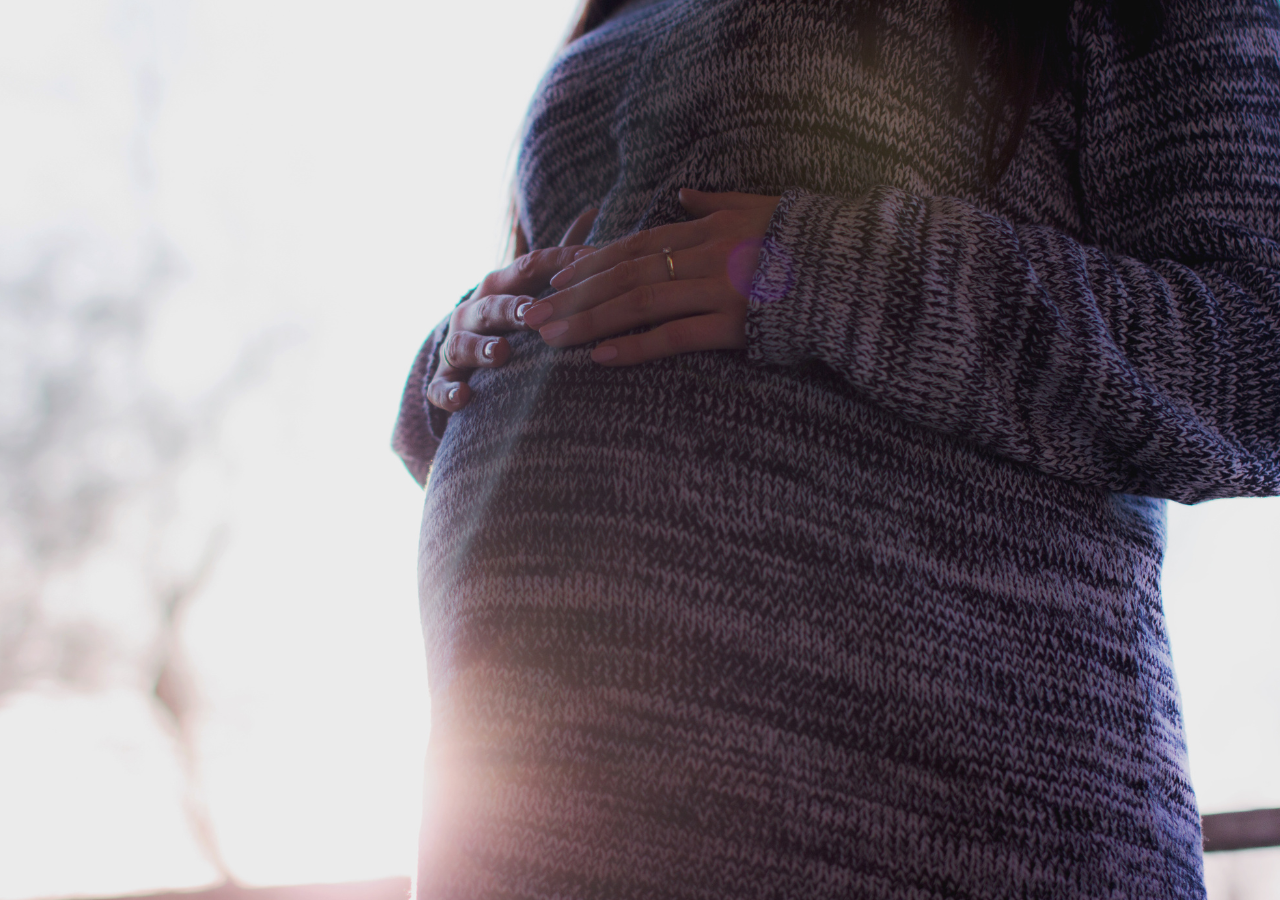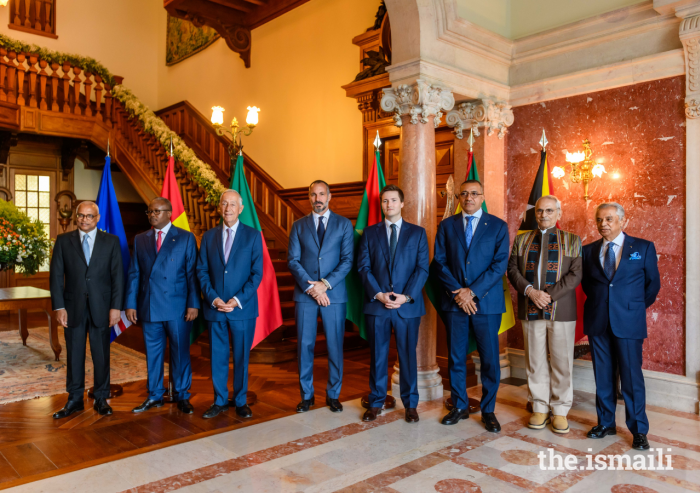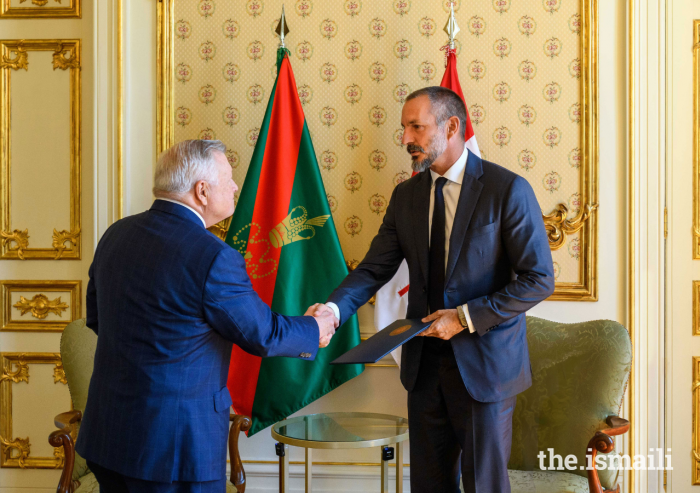For a number of years, AKHS Syria has been working to analyse and address the needs of local society, in an effort to eliminate the causes of rising health issues. One such issue is a marked increase in the cultural normalisation of choosing Caesarean section (C-section) deliveries over conventional ones, which can hold great risk for mother and child if not medically necessary.
In Salamiyah, the rate of C-section deliveries exceeded the standard rate determined by the World Health Organization, reaching 70 percent of births. To find out the reasons, a curated study was conducted by AKHS Syria in 2019, targeting physicians, nurses, and midwives. It turned out that 70 percent of C-section procedures were influenced by non-medical reasons, including financial incentives for medical workers, fear of pain from conventional delivery, and the regression of the role of midwives.
A strategic plan was set with a clear goal: decrease the number of non-required C-sections. AKHS worked in partnership with national healthcare centres and offered training for midwives and physicians on best medical practices to ensure safe birth. The focus was to work extensively at the community level and to correct misperceptions. As a result, programmes such as the Safe Birth initiative and the Pregnancy and Maternal Club were created.
The Safe Birth campaign targets women of child-bearing age, in addition to partners and family members. Well-trained volunteers with medical backgrounds deliver key messages on safe pregnancy, while raising awareness of the potential risks of unnecessary C-sections. They also educate pregnant women on how many doctor visits should ideally be arranged during pregnancy, important lab tests, and success stories of natural childbirth. These efforts are reproduced for various forms of media, including social media posts, educational videos, billboard campaigns, and educational brochures.
The Pregnancy and Maternal Club experience, in contrast, is a comprehensive service that educates expectant mothers on the pregnancy journey. It offers informative sessions that focus on the physical and mental health of mothers, in which gynaecologists are on hand to answer questions. They also provide mental health consultations, read vital signs every session, offer natural supplements, and empower mothers to make their own choices regarding delivery. The club offers these activities without intervening in the mother's therapeutic plan.
A pilot programme consisted of eight sessions distributed over the pregnancy period, where a maximum of 12 pregnant women are invited per cohort, with a focus on first time pregnancies. The programme aims to target more than 100 pregnant women in different groups during the year 2024, as a large percentage of activities will be held in cooperation with international partners such as the United Nations Population Fund.
“I truly felt empowered and more able to make my own choices,” said a participating mother. “I was very lucky to have AKHS by my side during my pregnancy journey.”
Responding to popular demand, AKHS is now launching a second cohort of the Pregnancy and Maternal Club, aiming again to leave a positive impact on participants. The hope is to attract more sign ups, and to add more sports and physical activities.
Change at the societal level, as important as it is, can be difficult to achieve. Through its interventions, high-quality equipment, and programmatic activities, AKHS in Syria is working to ensure that all expectant mothers can be offered a healthy and safe childbirth experience.








